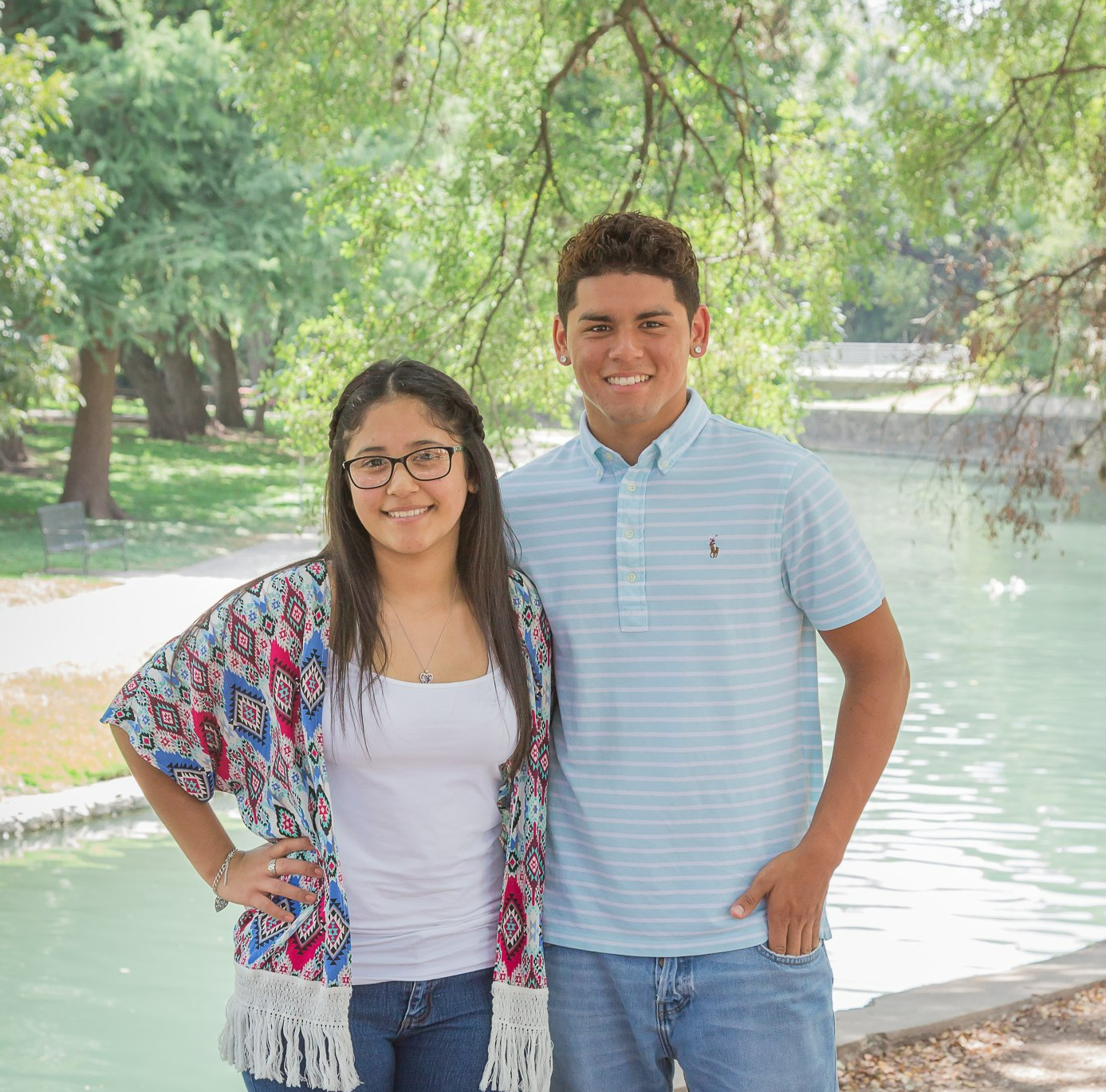Story of Hope: Lori Karam
Advocate Impact Story
By the time Lori Karam met James in October of 2019 he had already been through two caseworkers and moved twice since his case started in 2018. Lori quickly learned that a CPS case can stall out leaving a child missing their family for an extended period of time. Nothing was being done to get James back home with his family. He had become institutionalized and was losing hope as more and more time went on.
After meeting Lori, James found comfort in knowing he had someone advocating for him and he began to look forward to visits and phone calls with her. She knew how disappointed he was not being able to see his family. She never wanted James to feel forgotten or alone. That’s why Lori kept in consistent communication with him and the case worker. She also made sure that parent child visits were scheduled and if they weren’t she made sure to ask why.
During Lori’s time on the case she learned just how frustrating and sometimes difficult it can be for a child to be in foster care. Fast forward to June 2021, the Child Protective Services caseworker took a moment during his testimony to thank Lori for all she had done the past year and a half with James; saying, “Judge if it wasn’t for the CASA her push for James we wouldn’t be where we are today.” And it was in that moment Lori knew it was all worth it.
Lori was there when no one else was. She was always honest with James about making the best choices and holding him accountable for his actions, something he never had before. James was able to get to a point in his placement where he had gone from over 10 incidents a month down to none. Always having his advocate there to remind him how proud she was of him and that he was capable of great things. Through yet another change in caseworker Lori’s dedication to James is something that he has held on to. One afternoon in May 2021 on a car ride before being placed back home with his family, James told his advocate that he “really likes spending time with her” and said “you are my friend.” He wanted to be sure that she would still be in his life even when he gets placed back home. This further reinforced the bond that the two have spent time building since October 2019.
Since being placed back home James is so happy and Lori has been able to watch him make up for lost time. Lori’s efforts and continued support for James came at a time when he didn’t have much to look forward to. He was in RTC after RTC with a revolving door of faces but after meeting Lori he knew he had someone on his side, a friend, and one that he never wanted to lose.









